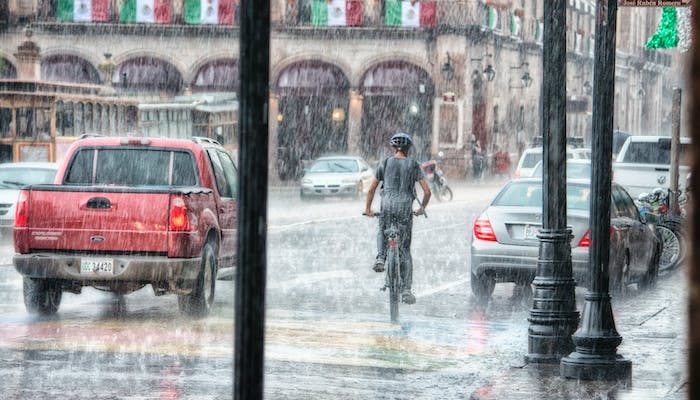Homeowners everywhere buy insurance to protect themselves in case there’s a disaster, but that isn’t necessarily the end of the story. When there has been a flood or fire, insurance companies don’t just fly over and drop a dump truck of money at your door. Usually, they try to find a way to avoid paying or minimize their payments as much as possible.
That’s why if your home has water damage, you must respond by doing these things.
No More Water or Electricity
If it’s possible and safe to do so, the first thing you must do is prevent more water from entering the home. Maybe there’s a plumbing leak, or the basement window was left open in a storm.
Turn off the electricity in the home as long as you can do so without stepping into the water. In other words, the first thing you need to do is prevent any future damage.
Call for Help
Hopefully, everybody is safe! Make sure you, your family, and any pets are out of the water and safe on solid land. If somebody needs support, call 9-1-1 and get them the help they need.
Homeowners need to call their insurers. They should also connect with industry-leading insurance lawyers like Virani Law to ensure they get the settlement they deserve. Insurance lawyers can help you navigate the process and paperwork involved, and you’ll get the best settlement possible. The insurance company will have their own team of people to assess the loss, but they will all work in the best interests of the insurer. An insurance lawyer will work on your behalf to negotiate directly with the insurer.
Document the Loss
Try to document any property damage or loss as comprehensively as possible. Take pictures and write notes, including the price of what was lost. Depending on your insurance coverage, you may get paid according to the purchase price of the property at the time or what it costs today.
For example, a laptop that cost $1,000 in 2010 might be worth only a few hundred dollars today. You might be stressed and overwhelmed in the immediate moment or beset by other strong feelings, but try to rally and step up and document the damage as well as you can. It’ll pay off later when you have reliable proof to show the insurance company what was lost.
Document Any Costs
If your home has substantial water damage, it may be unlivable, and you’ll need to stay in a hotel until you or your insurance company make other arrangements. Be careful to document any bills incurred in the transition period, as your insurance company should cover them, but they will need to see the receipts to verify the costs.
If they don’t, or they try to limit what they will cover, that’s what your insurance lawyer is for. Remember, the insurance company may resist paying you what you’re truly owed, but you don’t need to accept their first offer. The more documentation you have about property damage and expenses incurred, the more likely you are to get them covered. However, the insurance company may rely on complex policy language to limit what they pay, even if you do have receipts. An insurance lawyer can help you understand your policy, and work to get you what you are entitled to.
Water damage to a home is the enemy. It can weaken a building’s foundations, cause mould to grow, and wreak havoc with personal belongings. It’s natural to be angry or sad in the immediate aftermath of a flood, but if you stay composed and do all of the above, you’ll be in a much better place to recover from the loss.
Credit: Genaro Servin via Pexels
